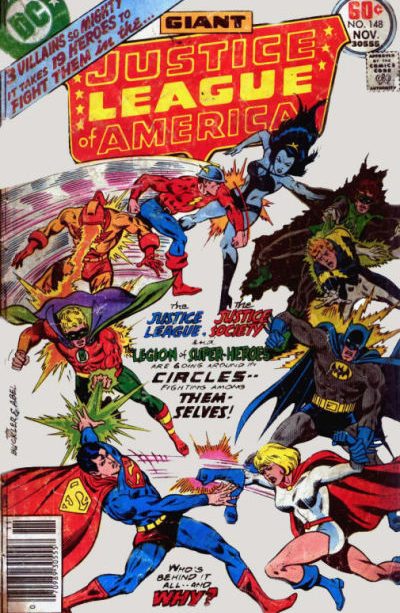The Enduring Legacy of the Justice League

Introduction
The Justice League is arguably one of the most iconic superhero teams in comic book history, created in 1960 by writer Gardner Fox. Comprising characters such as Superman, Batman, Wonder Woman, and the Flash, the League has become a central fixture not only in the comic universe but also in popular culture. Understanding their significance helps fans appreciate how these characters have evolved over time and their impact on society, particularly in today’s ever-changing landscape.
The Evolution of the Justice League
The Justice League was originally formed to face the combined threats that individual heroes could not tackle alone. Since its inception, the team has gone through several transformations, including variations in lineup and purpose. Notably, the release of the 2017 film ‘Justice League’ brought renewed interest and debate over the portrayal of these beloved heroes on screen. In 2021, the much-anticipated ‘Zack Snyder’s Justice League’ was released on HBO Max, providing a deeper narrative and darker tone that resonated with long-time fans, contributing to discussions about artistic integrity in blockbuster filmmaking.
Recent Developments in the Justice League Universe
More recently, the Justice League has been at the centre of expansions in both the comic series and cinematic universe. The current comic arcs explore complex themes such as leadership, morality, and sacrifice, reflecting the societal challenges we face today. Additionally, the introduction of newer heroes into the Justice League, such as Naomi and Yara Flor (the Future State Wonder Girl), signals an evolving narrative that embraces diversity and inclusivity.
The Cultural Impact of the Justice League
Outside of comics and movies, the Justice League has transcended into various forms of media, including animated series, video games, and merchandise. Their influence can be seen in many other superhero narratives, and they have been a source of inspiration for countless fans and creators alike. The League’s emblematic slogans, such as ‘Justice for All,’ echo principles of fairness and accountability in a contemporary context, serving as a reminder of the ongoing fight for justice in society.
Conclusion
The Justice League continues to be a relevant symbol of hope, camaraderie, and justice in contemporary narratives. As the comic book industry evolves, so does the League’s portrayal, promising fresh stories and engaging content that resonates with both old and new fans. Looking ahead, the Justice League’s legacy remains vibrant, indicating that their journey is far from over and will likely adapt to reflect the values and challenges of future generations.






